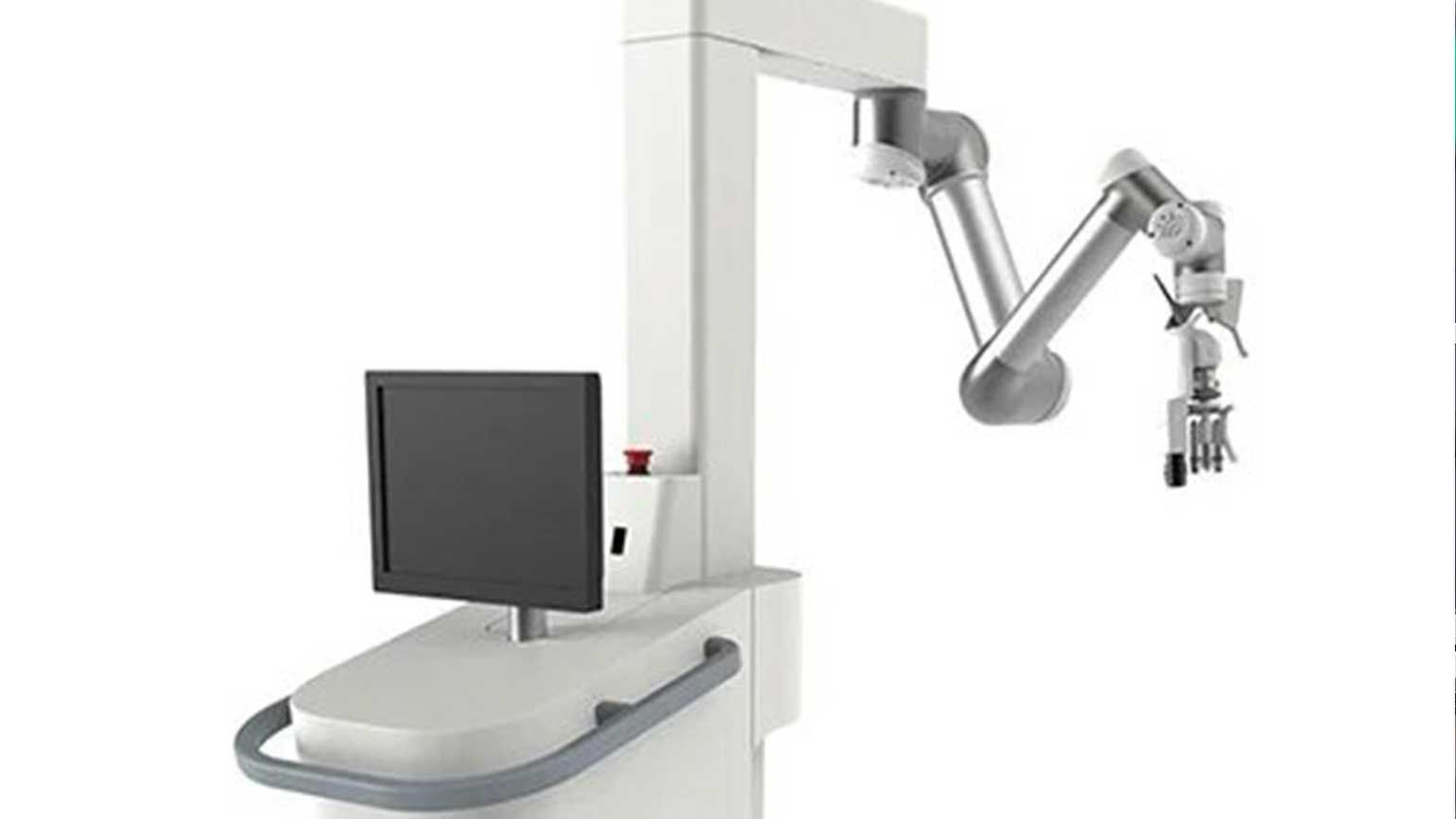In the past couple of decades, industrial processing systems have turned to automation driven by the need for high accuracy, precision, and performance. Technological advancements in today’s day and age have successfully applied automated machines in a wide range of industries dealing with well-defined processes and products.
Pradeep David is the General Manager at Universal Robots, South Asia, based in Bangalore. He’s a highly qualified expert in robotics and industrial automation with a Masters in Robotics (Clemson University) and MBA (Marquette University, USA). With over 30 years of experience, Pradeep has worked with Rockwell Automation in the US, Singapore & India and now heads South Asia for Denmark-based Universal Robots, the leading manufacturer of advanced user-friendly and lightweight collaborative robotic arms.



